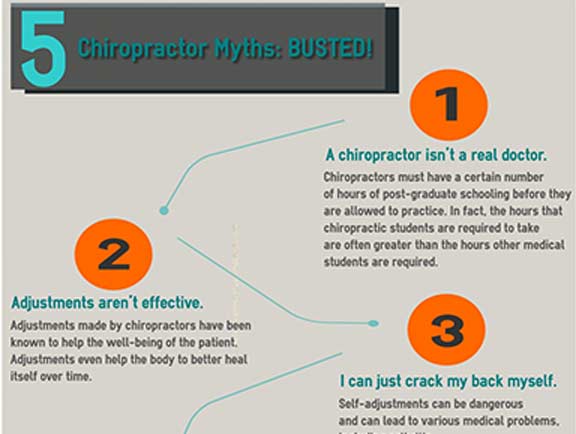The Role Of Nourishment In Back Pain Management: Foods To Eat And Stay Clear Of
The Role Of Nourishment In Back Pain Management: Foods To Eat And Stay Clear Of
Blog Article
Short Article By-Bond Guldborg
When it concerns managing your pain in the back, the food choices you make can considerably influence exactly how you feel on a daily basis. Envision having just click the up coming document to reduce your pain just by readjusting what you eat. By comprehending the duty of nourishment in neck and back pain administration and recognizing which foods to incorporate or stay away from, you can take positive actions in the direction of a healthier and a lot more comfy way of life. The link in between nutrition and back health and wellness is a lot more extensive than you may understand-- let's check out just how certain foods can either soothe or intensify your back pain.
Importance of Nutrition in Pain In The Back
Nourishment plays a critical duty in taking care of back pain. Your diet can dramatically affect inflammation degrees and general discomfort degrees in your back. Eating a well balanced diet rich in nutrients like vitamins D and K, calcium, magnesium, and omega-3 fats can help in reducing inflammation and enhance bones, which are vital for back wellness.
Furthermore, preserving a healthy and balanced weight with appropriate nourishment can alleviate stress and anxiety on your back, lowering the threat of back pain.
Furthermore, specific nutrients like anti-oxidants discovered in vegetables and fruits can assist deal with oxidative tension and promote recovery in the body, consisting of the back muscle mass and spinal column.
On the other hand, taking in too much amounts of processed foods, sugary beverages, and undesirable fats can contribute to inflammation and weight gain, exacerbating neck and back pain.
Foods to Eat for Back Health
To sustain a healthy back, integrating nutrient-rich foods right into your day-to-day meals is key. Including foods high in anti-oxidants like berries, spinach, and kale can help reduce swelling in your back, easing pain and pain. Omega-3 fatty acids found in fatty fish such as salmon and mackerel have anti-inflammatory residential or commercial properties that can benefit your back health.
In addition, taking in nuts and seeds like almonds, walnuts, and chia seeds gives necessary nutrients like magnesium and vitamin E, which sustain muscle feature and minimize oxidative tension. Integrating lean healthy proteins such as poultry, turkey, and tofu can aid in muscular tissue fixing and upkeep, promoting a strong back.
Don't forget to include dairy products or strengthened plant-based options for calcium to sustain bone health and wellness. Lastly, hydrate with a lot of water to keep your spinal discs moistened and working ideally. By including these nutrient-dense foods in your diet, you can nourish your back and support overall back wellness.
Foods to Stay Clear Of for Back Pain
Select avoiding refined foods high in added sugars and trans fats when seeking relief from back pain. These sorts of foods can contribute to swelling in the body, which may exacerbate back pain. Say no to best acupuncture in dc treats like candy, breads, and sugary drinks, as well as convenience food products like burgers, french fries, and fried chicken that are usually loaded with trans fats.
In addition, stay away from foods having high levels of polished carbohydrates, such as white bread, pasta, and pastries, as they can spike blood glucose levels and possibly worsen swelling in the body.
It's also wise to restrict your consumption of foods high in hydrogenated fats, like red meat and full-fat milk products, as they can contribute to swelling. Processed foods like deli meats, chips, and packaged treats are usually high in saturated fats and should be eaten in small amounts.
Verdict
In conclusion, focusing on your diet regimen and making smart food options can have a significant impact on taking care of neck and back pain. By integrating nutrient-rich foods like berries, fatty fish, nuts, and lean healthy proteins, and avoiding processed and sugary things, you can help in reducing swelling and support on the whole back health. Remember, what you eat plays a vital role in how you feel, so make sure to prioritize your nourishment for a healthier back.
